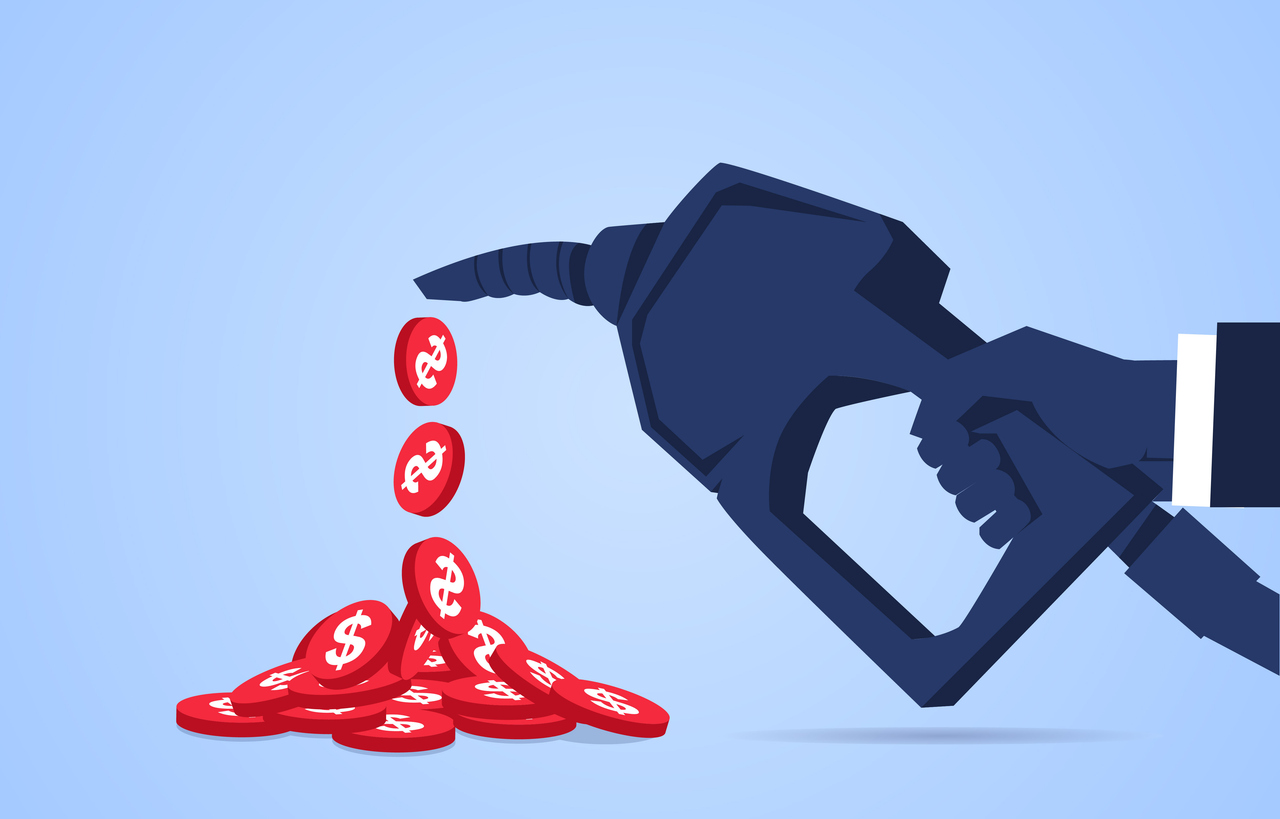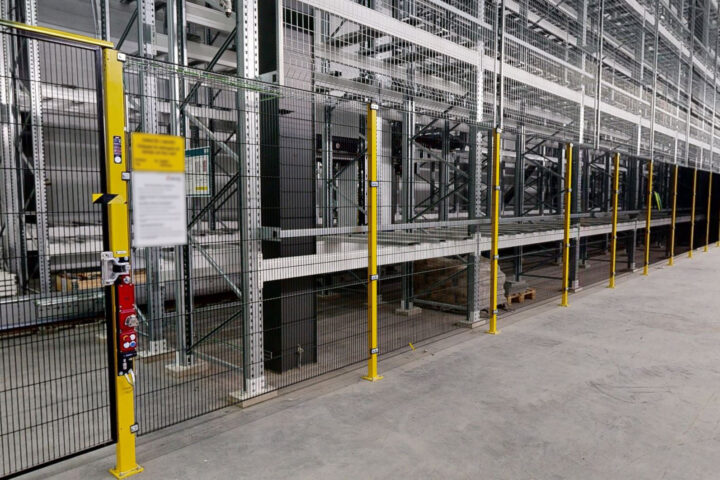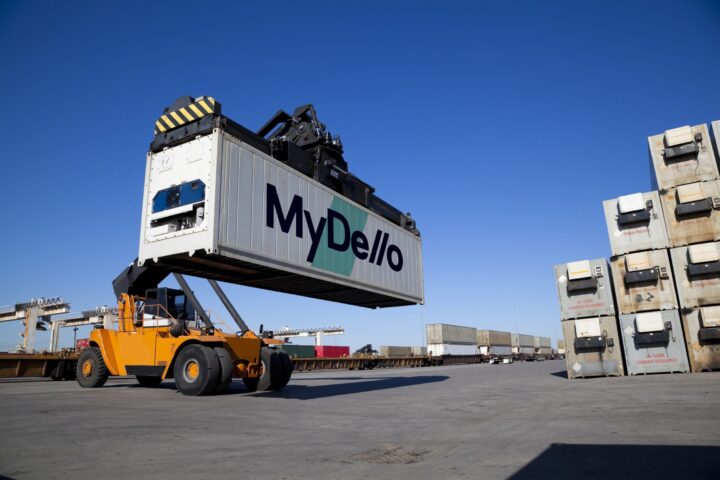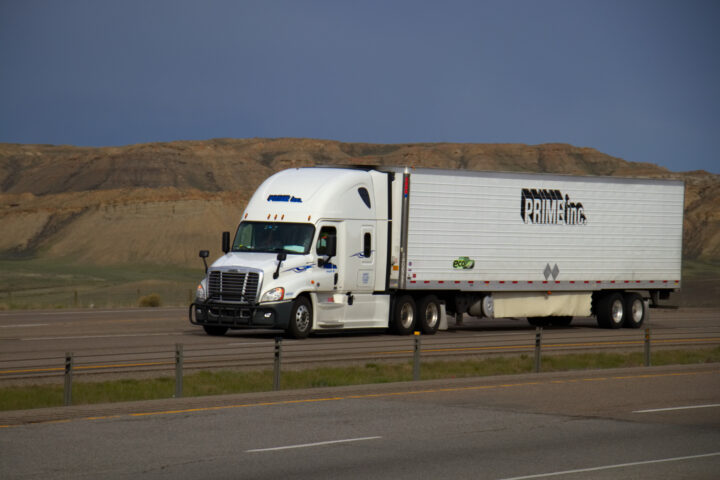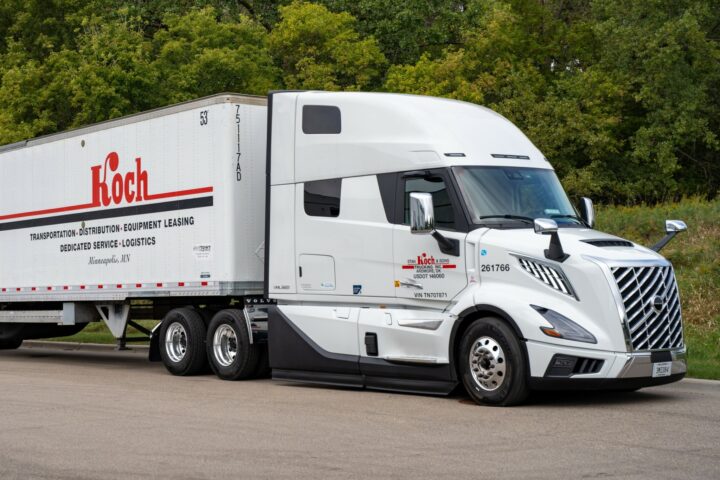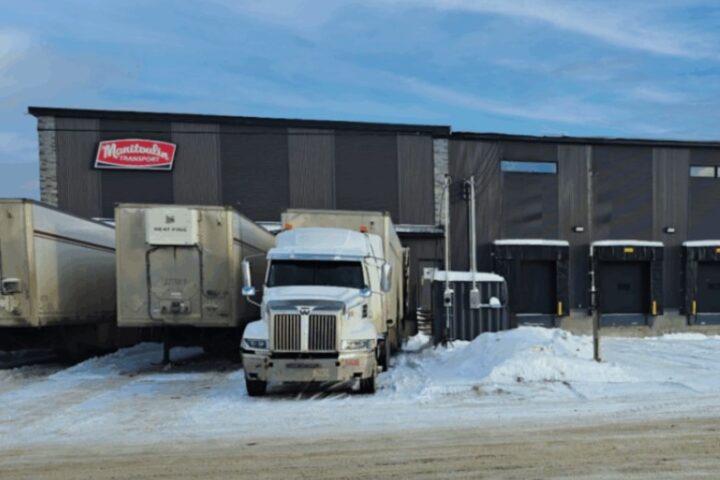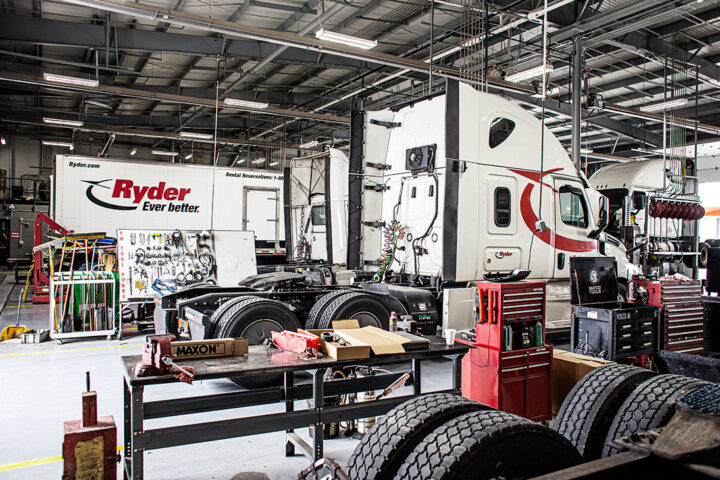With little hope of a near-term increase in freight demand, carriers are eyeing an exit of capacity as the path back to improved profitability.
Trucking capacity became bloated in the wake of the Covid pandemic and has been slow to exit even amid increasingly challenging conditions. Depressed used truck valuations have made lenders reticent to foreclose on struggling trucking firms.
“There hasn’t been a lot of equity built in those pieces of equipment and banks aren’t any better at selling equipment than most truckers,” said Sam Anderson, CEO of Bay and Bay Transportation, speaking at the 2025 FTR Transportation Conference.
So, as bleak as it is to address, what could cause a needed exodus of trucking capacity?
Here are three possibilities:
Insurance costs
“Trucking insurance premium costs surged to levels never seen before, up 6% year over year,” said Avery Vise, FTR’s vice-president of trucking.
Noting most fleets locked in premiums at the start of the year, Vise said insurance premiums “might be one of those hidden risks where we won’t see the impact of until next year. It feels like it’s not sustainable for a lot of carriers.”
In a strong market, he said a 6% insurance premium cost could be absorbed. In this market, not so much. Even safe fleets are feeling the impact.
“We had the safest year on record for our company in 2023. We followed that up with the safest year on record in 2024,” said Spencer Frazier, executive vice-president of sales and marketing with J.B. Hunt Transport
“As we sit here today, we are beating 2024. Our insurance costs are going the opposite way. Our drivers are the best in the business. We invest in and will continue to invest in game-changing technology to keep them safe and the motoring public safe and we share that with our insurance providers. They have all the data, but the macro risk of our industry overshadows all our individual efforts.”
Rising insurance costs may be sustainable for a mega-fleet like J.B. Hunt. But Vise suggests smaller carriers may not be able to survive another hike in premiums in the existing environment.
English proficiency enforcement
The U.S. Federal Motor Carrier Safety Administration instructed the Commercial Vehicle Safety Alliance in June to begin placing drivers who could not demonstrate English proficiency out of service.
Vise noted there have since been 12,080 violations, with 3,126 drivers placed out of service. The disparity can be attributed to flexibility given to Mexican drivers tested within the border zone at the U.S./Mexico border. Those drivers are not placed out of service.
While there has been speculation the English Language Proficiency (ELP) enforcement rules will drive out capacity, Vise said that, so far, has not been the case. That could change, said Vise, if the U.S. reverses its decision to exempt Mexican drivers within the border zone.
“There’s a pretty large number of violations but only 26% of them have turned into out-of-service violations,” he said, “even though the executive order from Trump said this should always be an out-of-service violation. The reason is, they carved out the border zone. That is theoretically reversible, and you could conceive of a political environment in which that might be reversed. I don’t think it will be, because the implications of essentially disqualifying all Mexican drivers unless they can speak English well enough from crossing the border would essentially be catastrophic. So, I don’t think that’s going to happen.”

Rising fuel prices
Bay and Bay Transportation’s Anderson said many smaller carriers may be hanging on because fuel prices are low.
“Fuel prices are probably saving a lot of them,” he said. “That’s a positive for small truckers who don’t have discounts at truck stops. If that fuel price goes back up, it may be problematic.”
But Vise doesn’t see fuel prices spiking any time soon. Unless, he added, the U.S. strikes energy deals in which it ramps up supplies to foreign countries.
“If that happens, theoretically, now we’re dealing with more demand, which could potentially put more pressure on fuel prices,” he said. “But then people’s gas prices would go up, which would not make him very popular come mid-term elections. So, I’m frankly skeptical we’re going to see anything that’s going to lead to a surge in diesel prices.”

